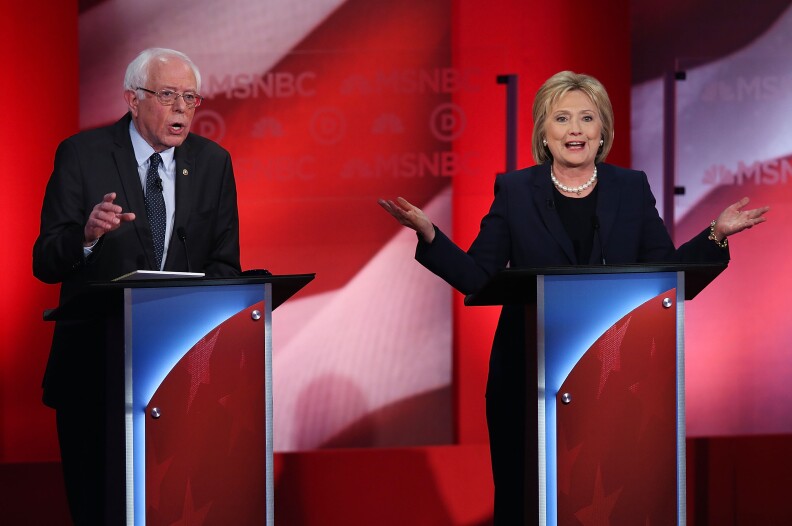Hot on the heels of his victory in Michigan, Bernie Sanders and Hillary Clinton will gather in Miami tonight for another debate-- this one set to simulcast on both Univision and CNN
Florida is a critical state for both campaigns:
246 delegates are at stake.
And there is no second place.
While television continues to play a major role in political campaigns, the internet has become an essential source of political news.
But about a third of Americans don't have a broadband connection in their home.
That's raised new concerns about the gap known as the "digital divide."
For a closer look at the challenges facing voters who don't have easy internet access, senior researcher with Pew Research Center John Horrigan, joined the show to discuss.



